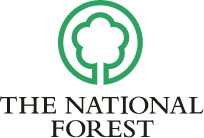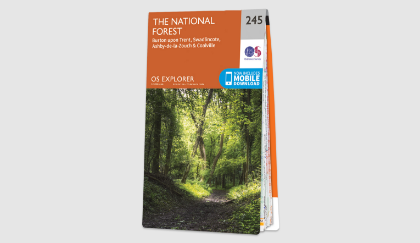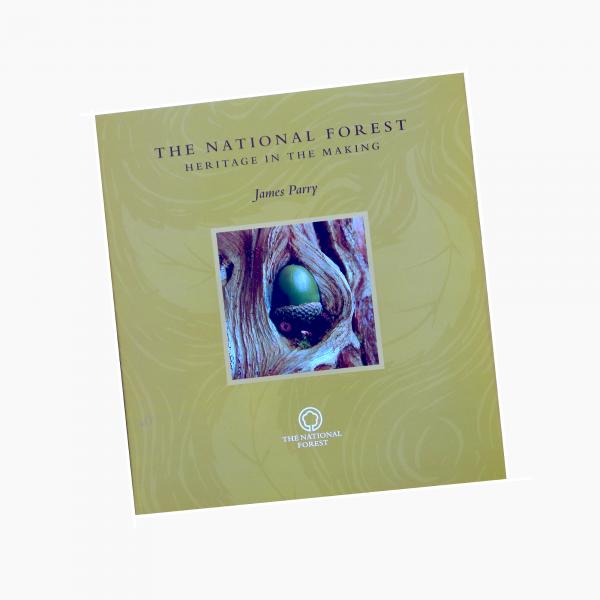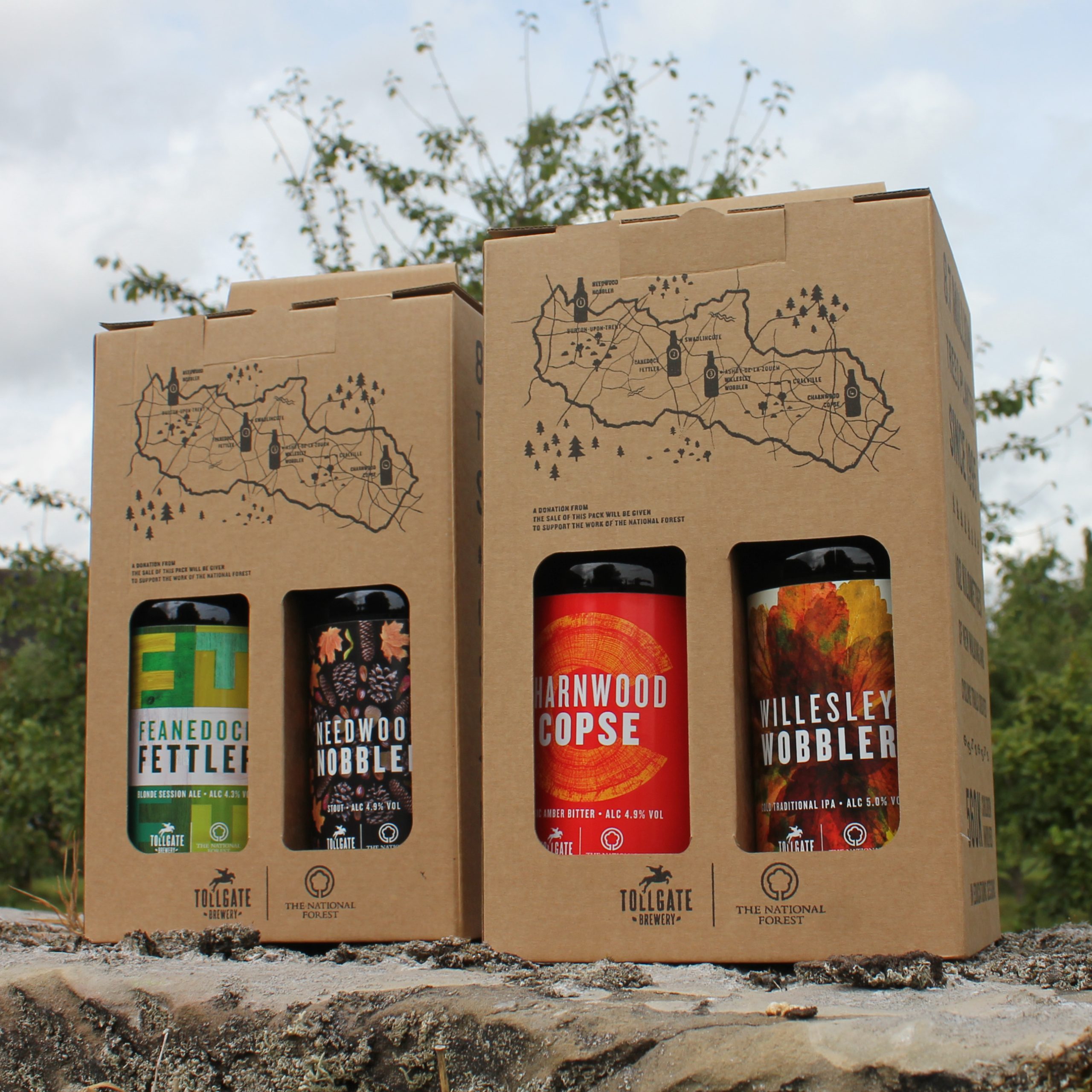To enhance your visit to the National Forest why not take a look at the unique array of attractions on offer.
Added to basket
- FOOD & DRINK
Martinshaw Wood
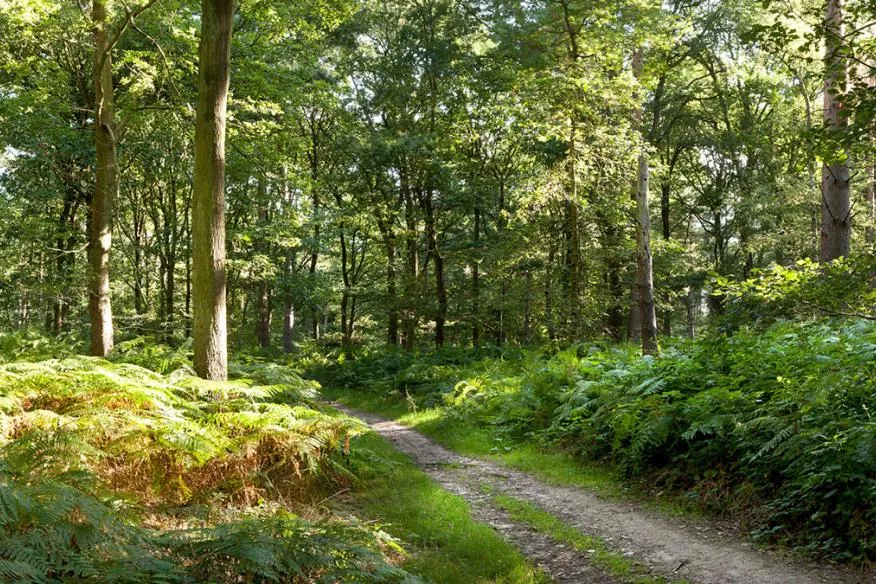
Details

Location
Markfield Road, Ratby, Leicestershire, England, LE6 0LQ

OS Grid Ref
SK509066

what3words
jobs.chest.motion

Path Type
Grassy and surfaced paths

Accessibility
Accessible routes available

Site Owner
Woodland Trust

Summary
Set across 103 hectares, Martinshaw Wood is a vast and picturesque woodland, steeped in history. This ancient woodland site was cut in two when the M1 motorway was built in 1969 and passing motorists may be unaware of the beauty on either side of the carriageways, with the two parts now connected by a bridge crossing the motorway.
Martinshaw Wood is rich in ecological and archaeological interest. Considered to have been listed in the Domesday Book, and thought to have an Iron Age enclosure at the north end of the woods, the site contains a rich array of 36 tree species, including Scots and Corsican pine, western red cedar, Lawson’s cypress and aspen. A progressive felling of conifers to favour oak, beech, birch and other broadleaves will restore some of the wood’s origin as a deer park.
Flooded quarry pits are home to a variety of wildlife such as newts and a wide range of birdlife frequent to the woodland. Sightings include woodcock, mistle thrush and the great spotted woodpecker. Fungi are prominent throughout Martinshaw Wood, from stinkhorn to candlesnuff fungus. Martinshaw Wood is the perfect place to see a host of rare and interesting insects. Bees, butterflies, hoverflies and damselflies are abundant during the summer months, and beetles can be seen throughout the year. This Woodland Trust wood is also home to 270 species of moth, many of which are rare.
Facilities
- Disabled access
- Horse riding
- Information centre
- Orienteering course
- Refreshments available in Ratby and Groby
- Walking trails
Advance visit information
- Free car parking on the western side of the wood, accessible from Markfield Road, Ratby
- Local bus services

Why not explore the Forest on one of our circular trails? Each showcasing the variety of landscapes across the National Forest.

